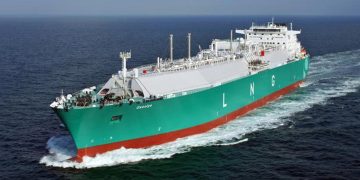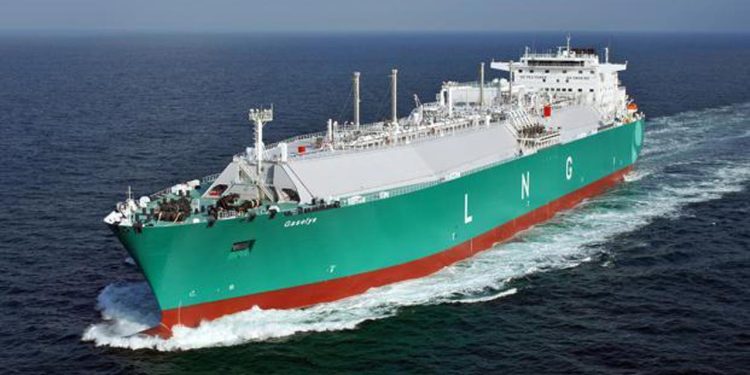By John Ikani
Algeria has surpassed Nigeria to become Africa’s largest exporter of Liquefied Natural Gas (LNG).
Data analysis from Refinitiv Eikon, a major provider of real-time data, revealed that Nigeria experienced the most significant decline in exports in January, resulting in Algeria overtaking Nigeria as Africa’s largest LNG producer on a monthly basis for the first time.
Despite record spot prices for the commodity, Nigeria’s LNG exports slumped to about 1 million tonnes in January, representing a 35 percent year-on-year drop, while Algeria exported around 1.1 million tonnes.
The reduction in Nigeria’s LNG exports has been attributed to upstream issues and pipeline vandalization, which have led to a sizeable decline in feed gas supply to the facility.
At name-plate capacity, the Nigeria LNG’s project can export up to approximately 1.8 million tonnes per month.
Although high prices are spurring the hunt for long-term deals, the global LNG market is expected to take several years to adjust to last year’s shake-up, as Russia slashed piped supply to Europe following its invasion of Ukraine, causing gas prices to hit new highs.
While Asian spot LNG prices have eased by more than 70 percent from their record levels to $18.50 per million British thermal units (mmBtu), they remain high compared to their previous single-digit prices, leading buyers to seek long-term contracts to avoid spot market volatility.
Approximately 70 percent of the global LNG market, including that of Nigeria, are sold based on long-term deals, while in Europe, spot and short-term contracts represent around 45 percent-50 percent with flexible prices.
The Independent Commodity Intelligence Services (ICIS) report revealed that Nigeria is expected to export 16.2 million tonnes of LNG this year, falling 15 percent compared with 2021.
Meanwhile, the Nigerian government has approved a memorandum of understanding between the Nigerian National Petroleum Company Limited (NNPCL) and the Economic Community of West African States (ECOWAS) for the construction of a 5,660 km (3,517 miles) long Nigeria-Morocco Gas Pipeline.
The project is expected to bolster Nigeria’s export capabilities in the future.



































